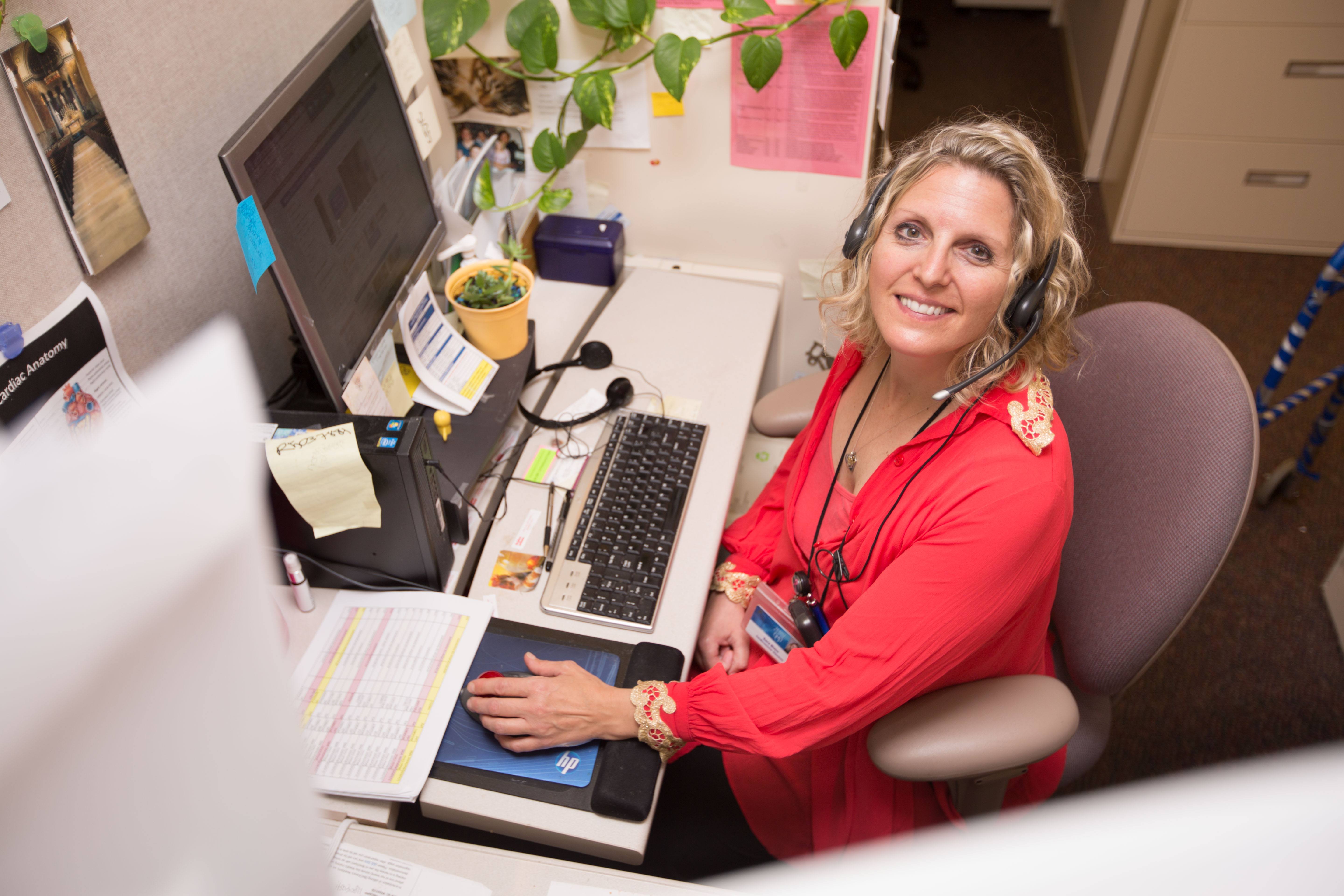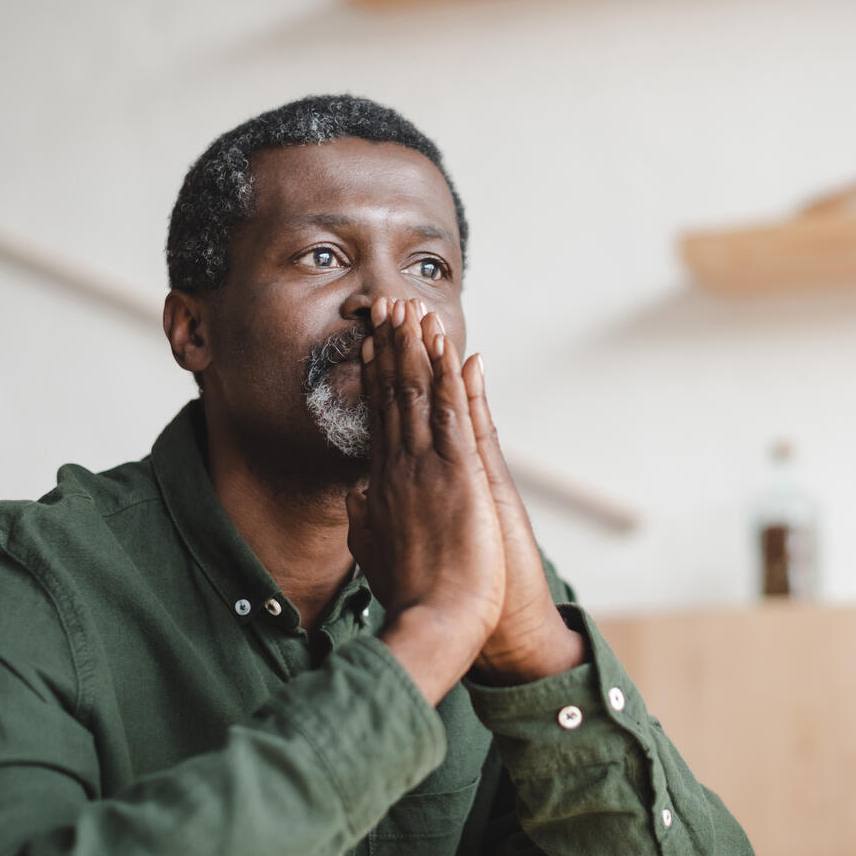-
Diversity
Mayo Clinic again named among Disability Equality Index Best Places to Work

ROCHESTER, Minn. — Mayo Clinic has again received a top score on the Disability Equality Index, or DEI, and designation as a 2018 Disability Equality Index Best Place to Work.

This is the third consecutive year that Mayo Clinic has been a top scorer on the annual benchmarking survey. In addition to Mayo Clinic, 94 companies scored 100 on the 2018 index.
“Everywhere we look at Mayo Clinic our employees are striving to make things better," says Richard Yancey, O.T.D., chair of the Disability Mayo Employee Resource Group, or MERG, on Mayo Clinic’s Arizona campus. “We work in an incredibly supportive environment that calls on each of us to examine ourselves and our systems to improve access to Mayo Clinic for patients and employees with different abilities and experiences. Mayo’s DEI ranking is an acknowledgment that we are getting it right.”
Mayo Employee Resource Groups are employee-organized groups that form around common dimensions of diversity.
In its application, Mayo Clinic highlighted the addition of:
- A full-time diversity recruitment specialist focused on recruiting and retaining people with disabilities
- The launch of the Self-Identify Campaign, an invitation to voluntarily self-identify as a person with a disability
- The creation and consolidation of key messages and resources around disability awareness
- The Return to Work program, which is a section dedicated to helping medical recovery by utilizing work as therapy in an environment focused on communication, collaboration, and respect
- Available accessibility and accommodation services
- Addition of questions in Epic, Mayo Clinic’s electronic health record, to assess accommodation needs for patients with disabilities
“Mayo Clinic is committed to inclusion for people of all abilities, and that is demonstrated by the actions taken to remove barriers for our patients and employees,” says Dawn Kirchner, chair of the Disability Mayo Employee Resource Group on Mayo Clinic’s Rochester campus. “This includes the continued conversations on integrating Universal Design into all aspects of Mayo Clinic, as well as departments’ hiring people of all abilities. We strive to create a climate and culture of belonging that supports people with disabilities.”
The survey has six categories. These five categories are scored: Culture and Leadership, Enterprisewide Access, Employment Practices, Community Engagement, and Support Services. The sixth category ─ Supplier Diversity ─ is not scored. As with similar surveys, criteria become more stringent each year. For example, applicants will be scored on supplier diversity in the 2019 survey.
“The DEI survey recognizes areas of strengths and identifies areas we can continue to move the needle for disability inclusion through the collective efforts of our organization, while leveraging our MERGs,” Kirchner says.
“We will continue to examine areas to improve but should be proud of this acknowledgement of our efforts,” Dr. Yancey adds.
###
About the Disability Equality Index
The Disability Equality Index is an annual benchmarking tool through which leading U.S. corporations self-report disability policies and practices. This evolving tool scores each corporation on a scale from 0 to 100, with top scorers (80 and above) recognized as Best Places to Work for Disability Inclusion. The index is a joint initiative between the Disability:IN, which works to expand disability inclusion in the workplace, supply chain and marketplace, and the American Association of People with Disabilities, an advocacy group.
About Mayo Clinic
Mayo Clinic is a nonprofit organization committed to clinical practice, education and research, providing expert, comprehensive care to everyone who needs healing. Learn more about Mayo Clinic. Visit the Mayo Clinic News Network.
Media contact:
- Ethan Grove, Mayo Clinic Public Affairs, 507-284-5005, newsbureau@mayo.edu







